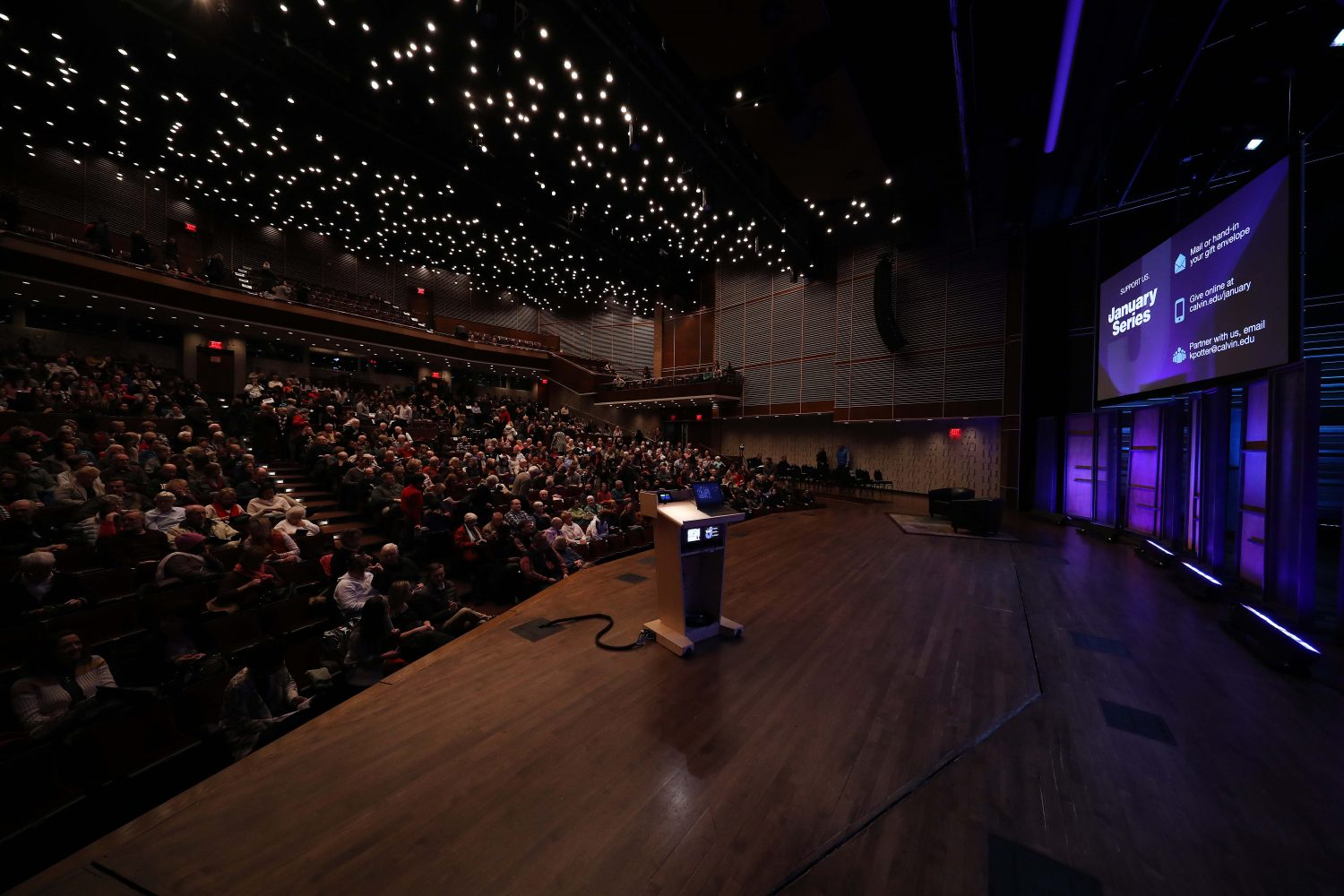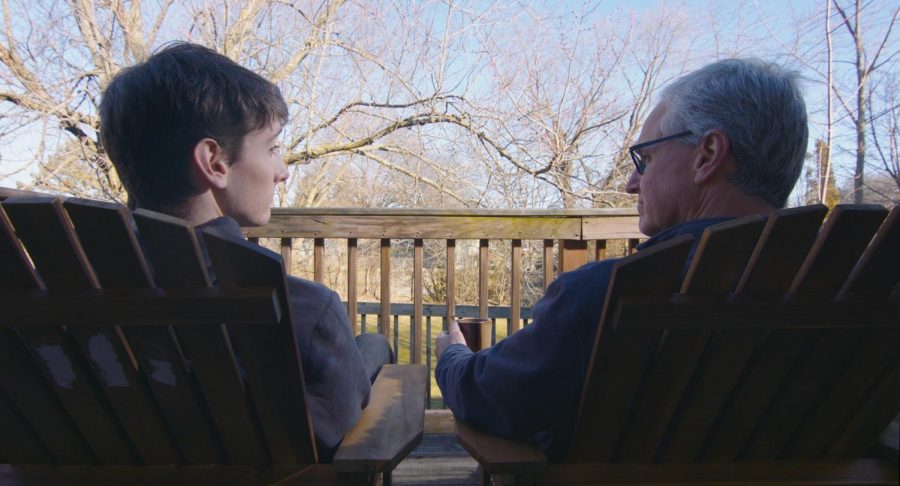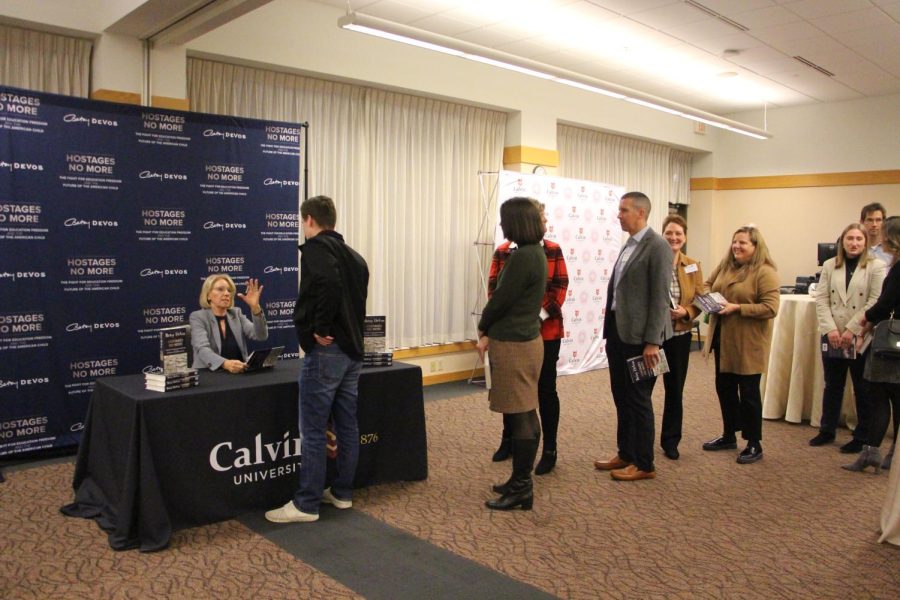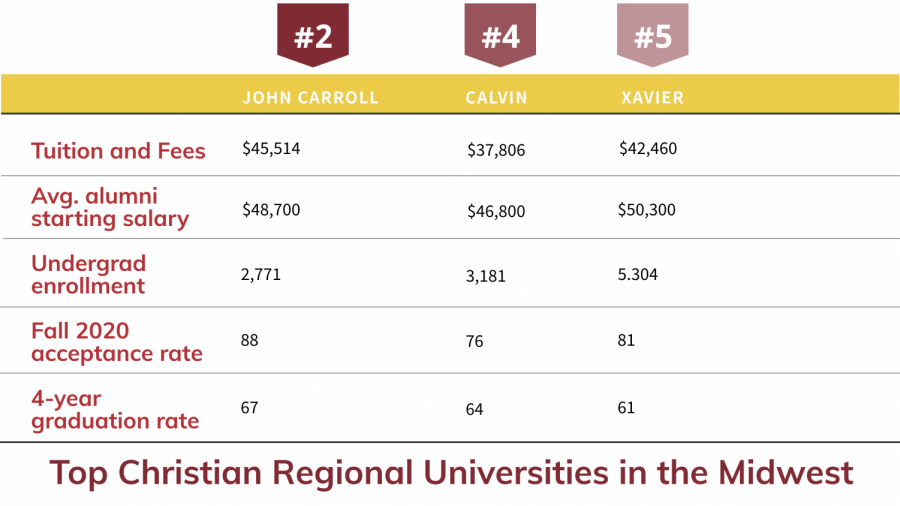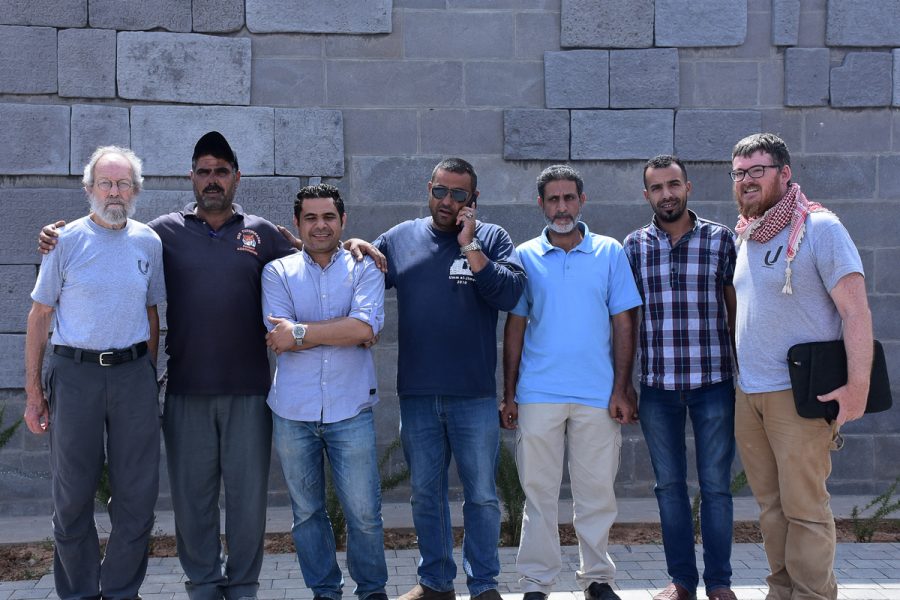“Closing the Gender Gap in Technology”
After taking the stage for Jan. 9’s session, Reshma Saujani admitted her expertise is in politics and law — not computer science.
Her passion, she explained, comes from being the daughter of immigrants. Her gratefulness to America for saving her parents’ lives inspired her to become a lawyer and run for Congress against an 18-year incumbent — a race she lost. As a politician, she spoke at many colleges, seeing hundreds of boys wanting to be the next Steve Jobs and Mark Zuckerberg, and began to wonder where all the girls were. Her parents had encouraged her to go into a STEM field or law school, something she explained is common in many countries, no matter what the child’s gender.
Saujani began researching computer science (CS) and was shocked to learn that, though CS jobs continue to grow — 70 percent of STEM jobs are in CS — the number of female CS grads in the U.S. has dropped from 37 percent in the 1980s to just 18 percent in recent years.
Determined to make a difference, she created a website and began summer camps for middle- and high-school-aged girls, giving them the chance to immerse themselves in a tech company — from Facebook to Yahoo to Pixar — and learn to code for six weeks.
If girls don’t take a high school class in CS, Saujani explained, they probably won’t in college. Only one in ten high schools even teach CS, and only 26 states let CS classes count toward graduation. Girls Who Code clubs give girls the chance to spark their interest in coding, an interest they might otherwise fail to develop. In the U.S., Saujani argues, girls grow up immersed in messages saying CS — and math in general — is a guy thing.
“We teach our girls to be perfect and our boys to be brave,” she said, citing how girls are often told to keep their clothes clean while boys are encouraged to swim in the deep end, even as babies. By coding, Girls Who Code students not only gain a practical skill, but learn how to fail, how to be brave and how to keep trying.
Saujani contrasted the lack of CS and STEM women represented in the media with her desire to become a lawyer after watching female lawyers on her favorite TV shows. “You cannot be what you cannot see,” she said, emphasizing the importance of exposing girls to female CS role models. “We have to meet girls where they’re at.”
The program has enabled girls to create apps and help others in a new way. Soujani told the story of one girl who made an SAT word study app for people in her community who couldn’t afford tutoring. Two other girls created a game called “Tampon Run” that addresses the worldwide menstruation taboo — a commendable mission that a male CS student perhaps wouldn’t have thought of.
In 2016, Girls Who Code clubs, including one held on Calvin’s campus, taught 40,000 participants nationwide — even reaching girls in homeless shelters. Ninety percent of students have gone on to major in CS. Since only 10,000 women graduated in CS last year, these girls, according to Saujani, have a large chance to influence the future of computer science.




